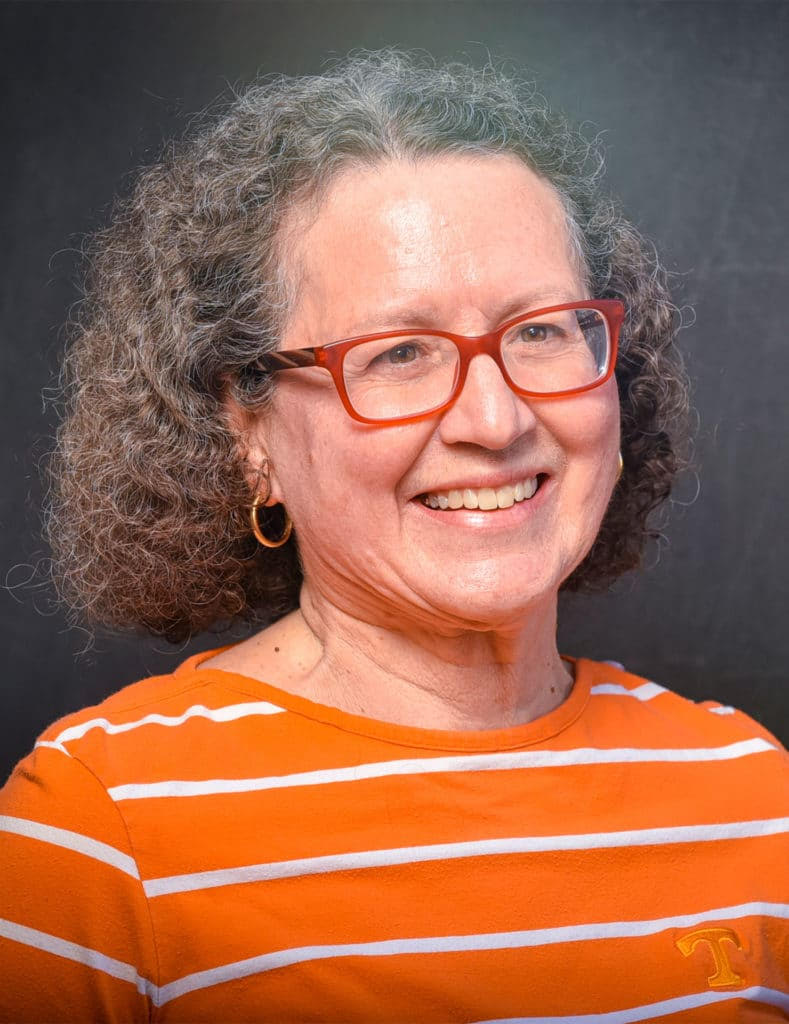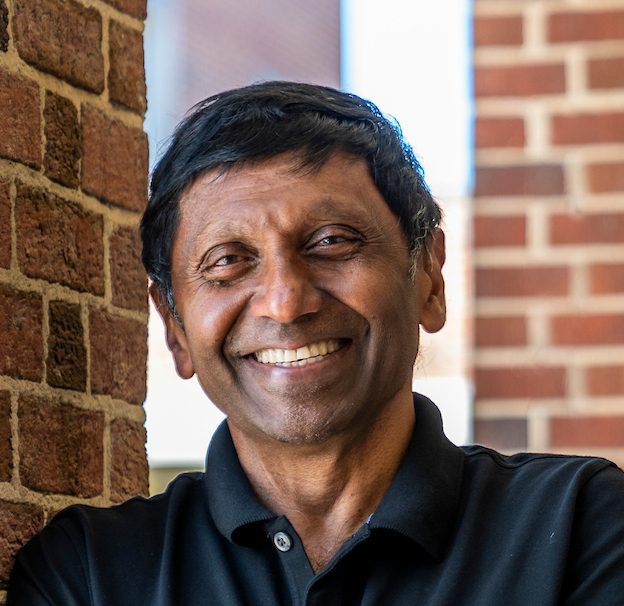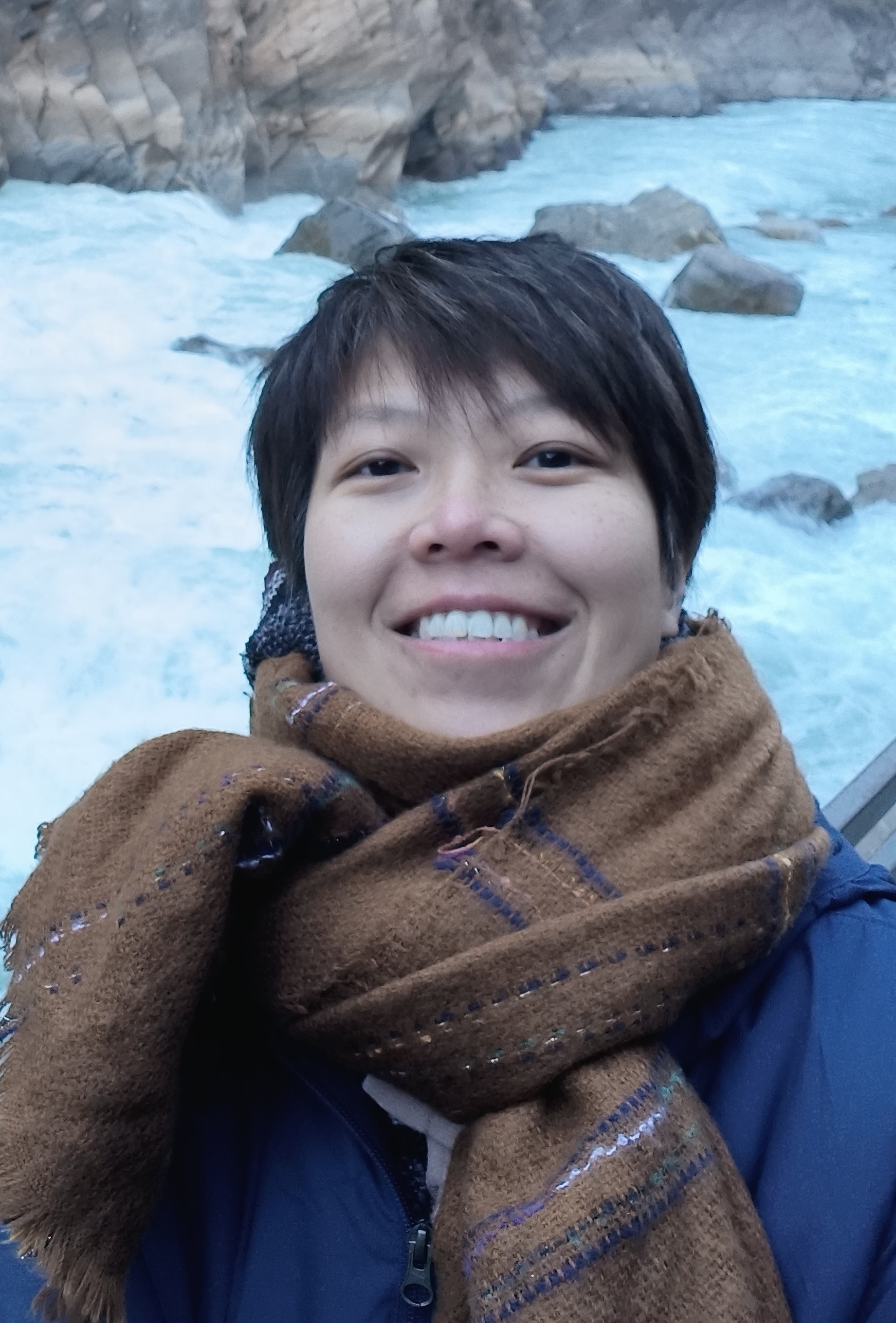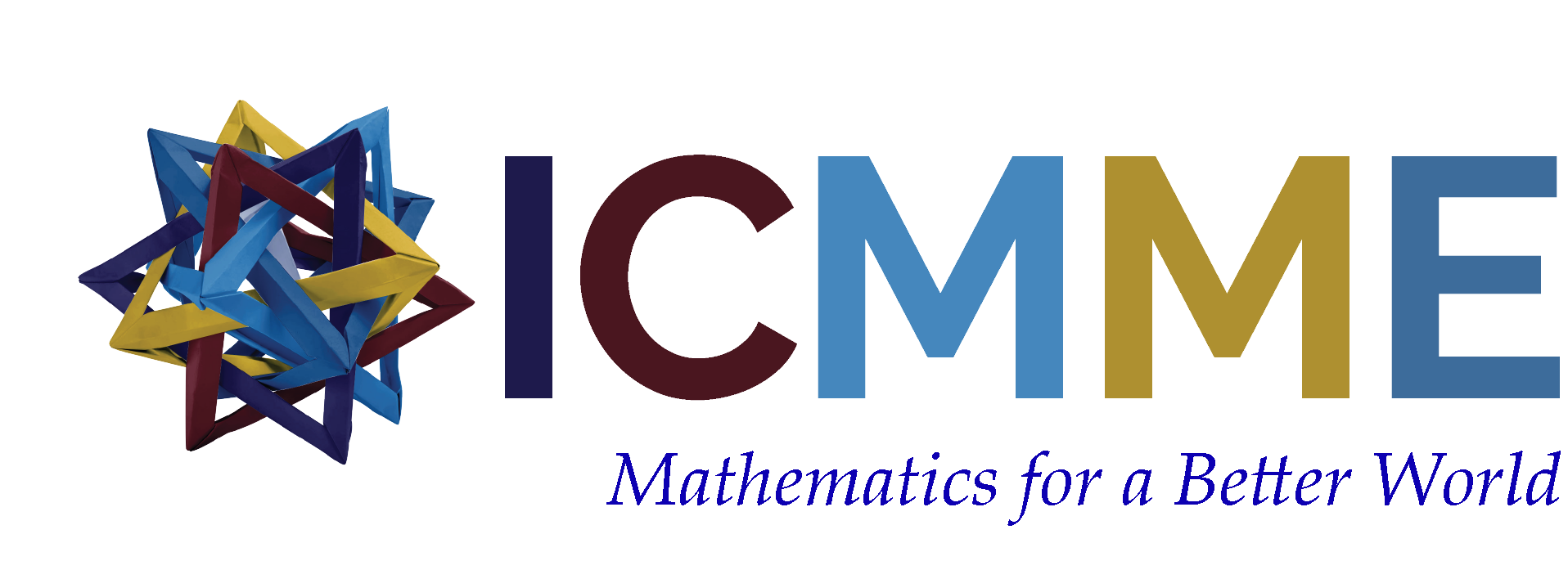Keynote Speaker of ICMME 2025

Prof. Suzanne Lenhart
Keynote SpeakerSuzanne Lenhart is a Chancellor's professor in the Department of Mathematics at the University of Tennessee, Knoxville. She was a part-time research staff member at Oak Ridge National Laboratory for 22 years. She is a recognized expert in optimal control and ordinary and partial differential equations, with modeling applications to populations, natural resources, invasive species, and diseases.
She was the President of the Association for Women in Mathematics in 2001-2003. She received fellow awards from SIAM, AMS, AWM, and AAAS. She was the Associate Director for Education and Outreach of the National Institute for Mathematical and Biological Synthesis for12 years.
Title
Natural System Management: A Mathematician's PerspectiveDistinguished Speakers of ICMME 2025

Prof. Ratnasingham Shivaji
Plenary SpeakerRatnasingham Shivaji joined the University of North Carolina at Greensboro (UNCG) as Head/ Department of Mathematics and Statistics in July 2011 and served in this position until July 2019. Since January 2012, he is also serving as H. Barton Excellence Professor. Prior to joining UNCG, he served for twenty-six years at Mississippi State University (MSU), where he was honored as a W.L. Giles Distinguished Professor. He received his Ph.D. in Mathematics from Heriot-Watt University in Edinburgh, Scotland in 1981 and his B.S (first-class honors and special degree in mathematics) from the University of Peradeniya, Sri Lanka in 1977.
Shivaji’s area of specialization is partial differential equations, and in particular, nonlinear elliptic boundary value problems. His research work has applications in combustion theory, chemical reactor theory, and population dynamics, and has been funded by the National Science Foundation and the Simon’s Foundation. Currently, he is serving as the PI on an NSF Math Ecology grant. To date, he has authored one hundred ninety research papers. He was honored as a Fellow of the American Mathematical Society (AMS) for research contributions, mentoring, and leadership. He is the recipient of the 2020 Mathematical Association of America (MAA) Southeastern Section Award for Distinguished University Teaching of Mathematics and the 2024 Conference of Southern Graduate Schools Outstanding Mentor Award. He is a member of the Editorial Board of several mathematics journals. To date, he has directed one postdoctoral student, twenty Ph.D. students (19 graduates, 1 current), sixteen M.S. graduates, and thirty-six undergraduate research students (30 past, 6 current).
Title
Analysis of classes of landscape ecological modelsIn this presentation we will analyze positive solutions to classes of steady-state reaction diffusion models designed to explore the effects of habitat fragmentation, density dependent emigration, logistic growth, and Allee effect growth.
We establish existence, nonexistence, and multiplicity results in response to a parameter proportional to the patch size, depending on the growth choice and the emigration pattern. Our existence and multiplicity results are established via method of sub-super solutions and the study of certain eigenvalue problems.

Prof. Oi-Lam Ng
Plenary SpeakerDr. Oi-Lam Ng is an Associate Professor in the Department of Curriculum and Instruction, and Programme Coordinator for the Bachelor of Education in Mathematics and Mathematics Education at The Chinese University of Hong Kong. She holds a PhD in Mathematics Education from Simon Fraser University, following her early career as a high-school mathematics teacher in Vancouver, Canada. Dr. Ng’s research focuses on technology-enhanced mathematics education, computational thinking, and constructionist learning. She explores how digital innovations—such as 3D printing, programmable electronics, and dynamic mathematics environments—reshape mathematical discourse and learning experiences.
Her work is deeply influenced by Papert’s “Learning-by-Making” philosophy, advocating for hands-on, technology-driven learning approaches. She has contributed significantly to the study of multimodal mathematics learning, examining how students engage with mathematical concepts through verbal and non-verbal communication in technology-rich environments. Her research also investigates the intersection of computational thinking and mathematics, exploring how programming-based activities enhance problem-solving and conceptual understanding. Dr. Ng serves on the editorial boards of leading academic journals, including Educational Studies in Mathematics, Journal of Mathematical Behavior, and Journal of Educational Computing Research.
Title
Mathematics in the Digital Age: How Computational Thinking Drives Transformative LearningThis lecture explores three key dimensions of integrating computational thinking (CT) into mathematics education.
(1) “What”: I begin by stating that, in an increasingly digital world, manual calculations and procedural tasks are increasingly automated, making problem-solving, reasoning, and digital/AI literacy more critical than rote learning or procedural fluency. In turn, what is valued in mathematics education must shift toward prioritizing thinking skills, as demonstrated in my empirical research on CT integration in mathematics education.
(2) “How”: I present task designs from research that position mathematics learning as analyzing problems, designing computational solutions, and interpreting algorithmic outputs. This shift requires moving beyond paper-and-pencil methods to computational environments where students engage in programming-based explorations.
(3) “For Whom”: I end with discussing equitable access to computationally enriched mathematics education. Through knowledge transfer initiatives, I highlight strategies to support learners with low digital literacy, fostering inclusive participation in CT-based learning.
By framing CT as both a catalyst for change upon mathematics curriculum and instruction, this lecture informs future research on preparing students to engage critically and computationally in mathematical practice in an AI-driven world.
